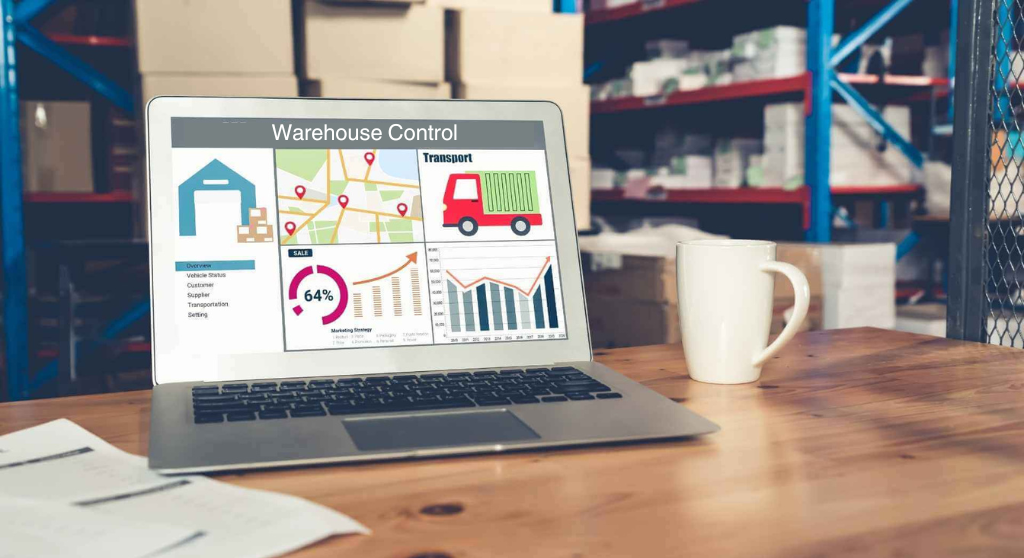Leveraging Data Analytics for Logistics Optimization and Cost Reduction
Introduction:
In the latest rapidly evolving logistics panorama, corporations are more and more turning to information analytics to benefit an aggressive area. By harnessing the power of statistics, corporations can optimize their delivery chain operations, reduce costs, and make knowledgeable selections. In this newsletter, we can explore the role of facts analytics in logistics optimization and cost reduction, highlighting key advantages and techniques for leveraging facts successfully.
Understanding the Importance of Data Analytics in Logistics:
- The developing importance of facts analytics within the logistics industry
- How statistics-driven selection-making can decorate supply chain efficiency
- Key challenges confronted by means of logistics groups and how statistics analytics can deal with them
Benefits of Data Analytics in Logistics Optimization:
- Real-time tracking and visibility: Enhancing visibility across the whole delivery chain
- Predictive analytics: Forecasting demand, optimizing stock, and decreasing stockouts
- Route optimization: Minimizing transportation expenses and enhancing transport times
- Warehouse control: OptimiLogistzing garage, reducing stock holding prices, and enhancing order success
- Demand forecasting: Anticipating market developments and optimizing manufacturing and distribution approaches
Strategies for Effective Data Analytics Implementation:
- Data collection and integration: Gathering applicable information from various assets
- Data cleaning and preprocessing: Ensuring facts accuracy and consistency
- Data visualization: Presenting complicated logistics data in a clear and actionable format
- Advanced analytics techniques: Applying device getting-to-know algorithms and predictive modeling
- collaborative statistics sharing: Sharing facts and insights with stakeholders for collaborative selection making
Case Studies: Real-World Examples:
Case Study 1: UPS
UPS is a global logistics organization that uses information analytics to improve its transport performance. UPS collects information on the entirety from bundle tracking to climate situations, and makes use of these statistics to optimize its routes and transport times. As a result, UPS has been capable of lessening its delivery instances by a median of 10% and improving its on-time delivery rate by means of five%.
Case Study 2: Walmart
Walmart is a retail massive that uses facts analytics to optimize its stock ranges. Walmart collects facts on customer demand, product sales, and inventory levels, and makes use of this information to forecast demand and optimize its stock. As a result, Walmart has been able to reduce its stock prices via an average of 15%, and enhance its customer support tiers.
Case Study 3: Nike
Nike is a sportswear company that uses data analytics to track the performance of its supply chain partners. Nike collects data on supplier performance, shipping times, and product quality, and uses this data to identify and address any potential problems before they impact the delivery of products to customers. As a result, Nike has been able to reduce its supply chain costs by an average of 20% and improve its customer satisfaction levels.
In addition to the case studies mentioned above, here are some other examples of how data analytics is being used in logistics:
- Amazon uses data analytics to predict demand for products. This helps Amazon to ensure that it has enough inventory to meet customer demand, without overstocking.
- FedEx uses data analytics to track the real-time status of packages as they move across its shipping network. This helps FedEx to improve its delivery performance and provide customers with more accurate ETAs.
- Maersk uses data analytics to optimize its container shipping operations. This has helped Maersk to reduce its shipping costs and improve its customer service.
These are just a few examples of how data analytics is being used to improve logistics optimization and cost reduction. As the amount of data available to businesses continues to grow, the potential benefits of data analytics in logistics are only going to increase.
Conclusion:
As logistics becomes more complex, data analytics provides valuable insights to drive optimization and cost reduction. By leveraging data, logistics companies can enhance supply chain efficiency, improve customer satisfaction, and gain a competitive advantage. Embracing data analytics is no longer a luxury but a necessity for businesses aiming to thrive in the modern logistics landscape.



